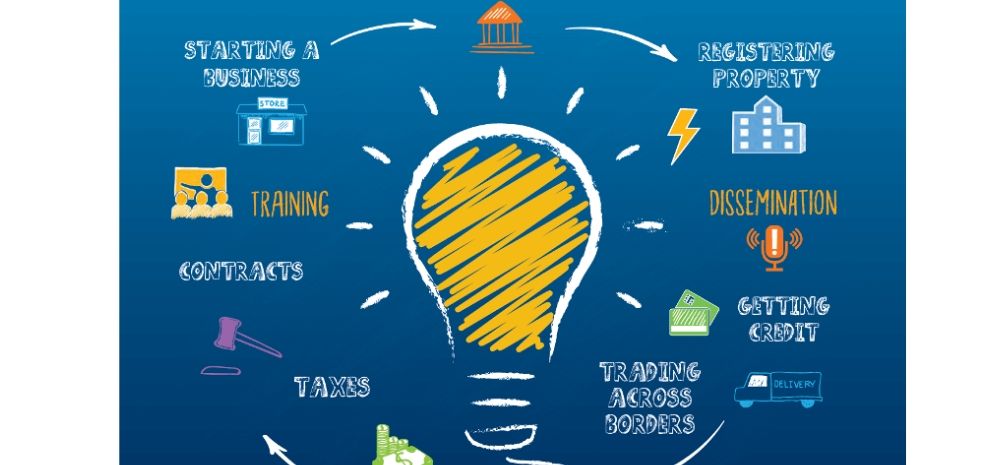PM Modi’s Reforms Help India Jump 14 Spots In Ease Of Doing Business Ranking; Now Ranked #63

As per the news coming in, India’s ranking has improved as it took 63rd position in the World Bank’s ease of doing business ranking.
Contents
How Did This Happen?
In the last six years, India’s ranking has improved 79 notches as the World Bank recognized India as one of the top 10 improvers for the third successive time.
The country jumped to the 63rd ranking climbing 14 notches from last year, as the multilateral body endorsed a string of reforms from the signature ‘Make in India‘ initiative to insolvency resolutions launched by Narendra Modi government over the last few years.
It is also expected that the ranking could improve further next year, after factoring in corporate income tax changes.
How Would This Affect Us?
It is expected that the improved ranking will bring some relief to the government which is constantly struggling to engineer a quick turnaround in the economy buffeted by weak consumer demand and muted investment activity.
Till now Indian economy being perceived as a global growth engine and appreciated by foreign investors before witnessing a gross domestic product (GDP) growth sinking to 5 percent in April-June.
With this ranking, India is also recognized as one of the top 10 improvers in this year’s assessment according to the World Bank report. Also the country has got this recognition for three consecutive times.
The World Bank said “India, which has conducted a remarkable reform effort, joins the list for the third year in a row (of top 10 improvers). Given the size of India’s economy, these reform efforts are particularly commendable,”.
Why Is It So Important?
This recognition is quite significant as it comes after last year’s 23rd jump when India’s rank improved to 77th while competing with 190 countries.
The country has improved its ranking by 67th positions in the last three years, and also improved its ranking by 79th positions in the last six years (2014-19).
The government had set a goal In 2015, basically to join the 50 top economies on the ease of doing business ranking by 2020.
Can It Improve Further?
As per the reports, the country’s ranking could advance further in the next years after factoring in the corporate income tax changes announced by the government last month.
The World Bank’s ease of doing business ranking is an annual report which considers countries on business-friendliness, procedural ease, regulatory architecture, and absence of bureaucratic red tape, takes into account reform measures implemented between June-May in any given year.
Why Would It Improve Further?
The government’s latest move of reducing the corporate tax On September 20, 2019, in which they reduced the corporate income tax rate from 30 percent to 22 percent for all companies.
This included cess and surcharges too, so the effective corporate tax rate in India now comes down to corporate tax to 25.17 %.
Also, the companies which are set up after October 1, 2019, will be subjected to an even lower effective tax rate of 17 %.
Report Appreciated Modi Government’s Policies
This implementation brings India closer, in fact, lower in some cases, to the rates similar to most of the emerging and industrialized countries.
Also, the World Bank report informs that the Prime Minister Narendra Modi’s “Make in India” campaign focused on attracting foreign investment, boosting the private sector—manufacturing in particular—and enhancing the country’s overall competitiveness.
The report said, “The government turned to the Doing Business indicators to show investors India’s commitment to reform and to demonstrate tangible progress,”.
It added, “The administration’s reform efforts targeted all of the areas measured by Doing Business, with a focus on paying taxes, trading across borders, and resolving insolvency,”. (reference Moneycontrol)
In recognition of the Modi government’s policies, the report said that the case of India provides an example of successful implementation of reorganization procedures, including the enactment of the Insolvency and Bankruptcy Code in 2016.

Comments are closed, but trackbacks and pingbacks are open.